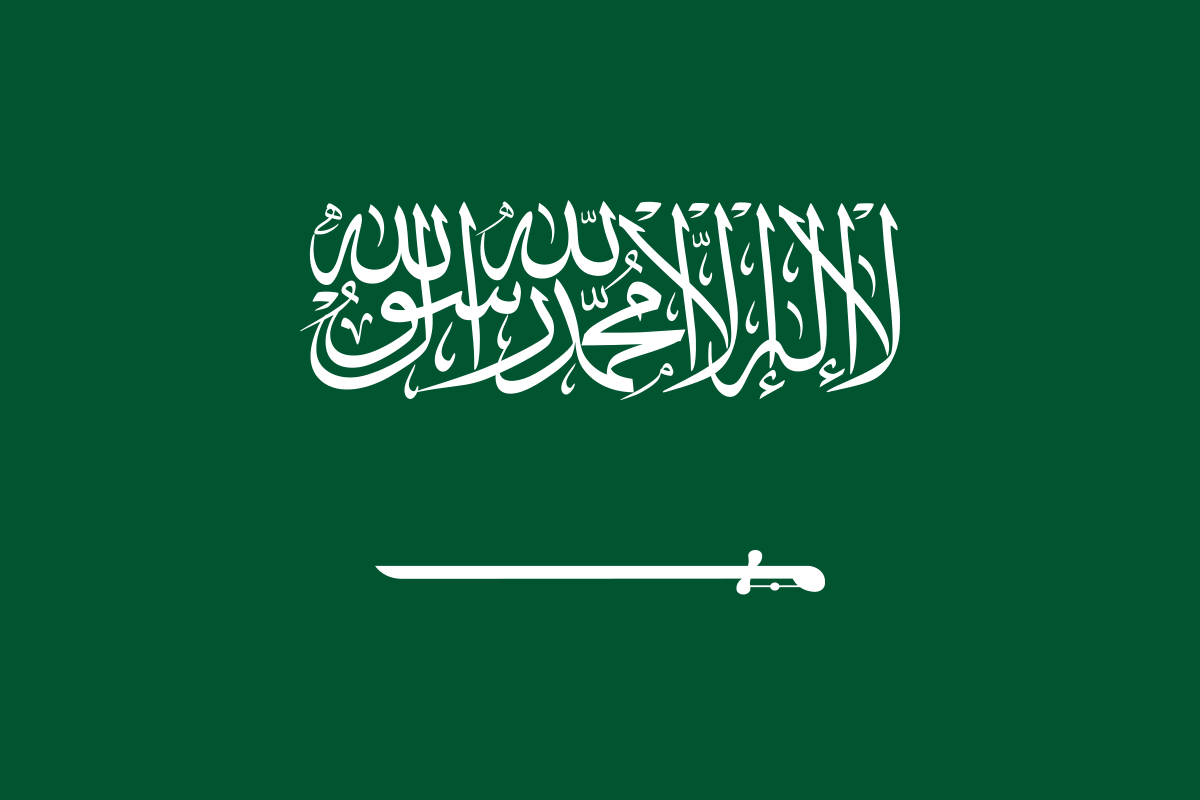
The guideline distinguishes four categories of debt instruments. Green, social and sustainability-labelled debt require that proceeds are allocated exclusively to eligible environmental or social projects, while sustainability-linked debt instruments may be used for general corporate purposes with structural or financial features tied to performance targets. The document was approved by the CMA’s board as part of its 2024-26 strategic plan.
The framework mandates issuers denominated in Saudi riyals and offered through private or public placements within the Kingdom to disclose any non-compliance with the guideline’s provisions in their issuance framework document or prospectus. It emphasises that the guideline does not supplant existing rules under the Capital Market Law but acts as a guiding document to enhance transparency and disclosure.
Eligible categories of “green” projects are defined broadly, covering renewable energy, energy efficiency, pollution prevention and control, sustainable water and wastewater management, clean transport, circular economy adapted products and green buildings. Social projects include affordable housing, access to essential services like health and education, SME financing, microfinance, food security and resilient agricultural practices. Sustainability projects combine both environmental and social objectives. The document also mandates independent external review of frameworks and post-issuance reporting annually until proceeds are fully allocated.
The CMA highlights that global assets tied to sustainability-linked products reached about US$3.52 trillion by end of 2023, while green bond issuance surpassed US$580 billion in 2023. Within the Saudi capital market, the number of listed companies disclosing sustainability practices rose to 94 in 2024 from 81 the previous year, and among the top 100 companies by revenue the disclosure rate rose to 65 per cent in 2024 from 58 per cent in 2023.
The introduction of this framework is expected to bolster offerings for domestic issuers and investors. Market participants note that it gives clearer guidance for structuring sustainable debt and for aligning with international standards from the International Capital Market Association. The guideline references the ICMA’s Green Bond Principles, Social Bond Principles and Sustainability-Linked Bond Principles.
However the guideline is non-binding in nature: while it lays out obligations and disclosure requirements for issuers opting into the categories, compliance is voluntary and any deviation must be disclosed rather than penalised. Some analysts argue that without mandatory enforcement the impact may depend on market discipline and investor demand rather than regulatory compulsion. There are also questions about how the guideline will interact with existing sukuk and conventional debt frameworks which are dominant in the Saudi fixed-income market.
The broader debt capital market in Saudi Arabia has shown marked growth. According to the Saudi Central Bank’s Financial Sector Development Programme Annual Report for 2024, the sukuk and debt instruments market has expanded by 123 per cent since 2017. Foreign participation remains limited, presenting potential opportunities for capital market deepening.
Topics
Saudi Arabia
